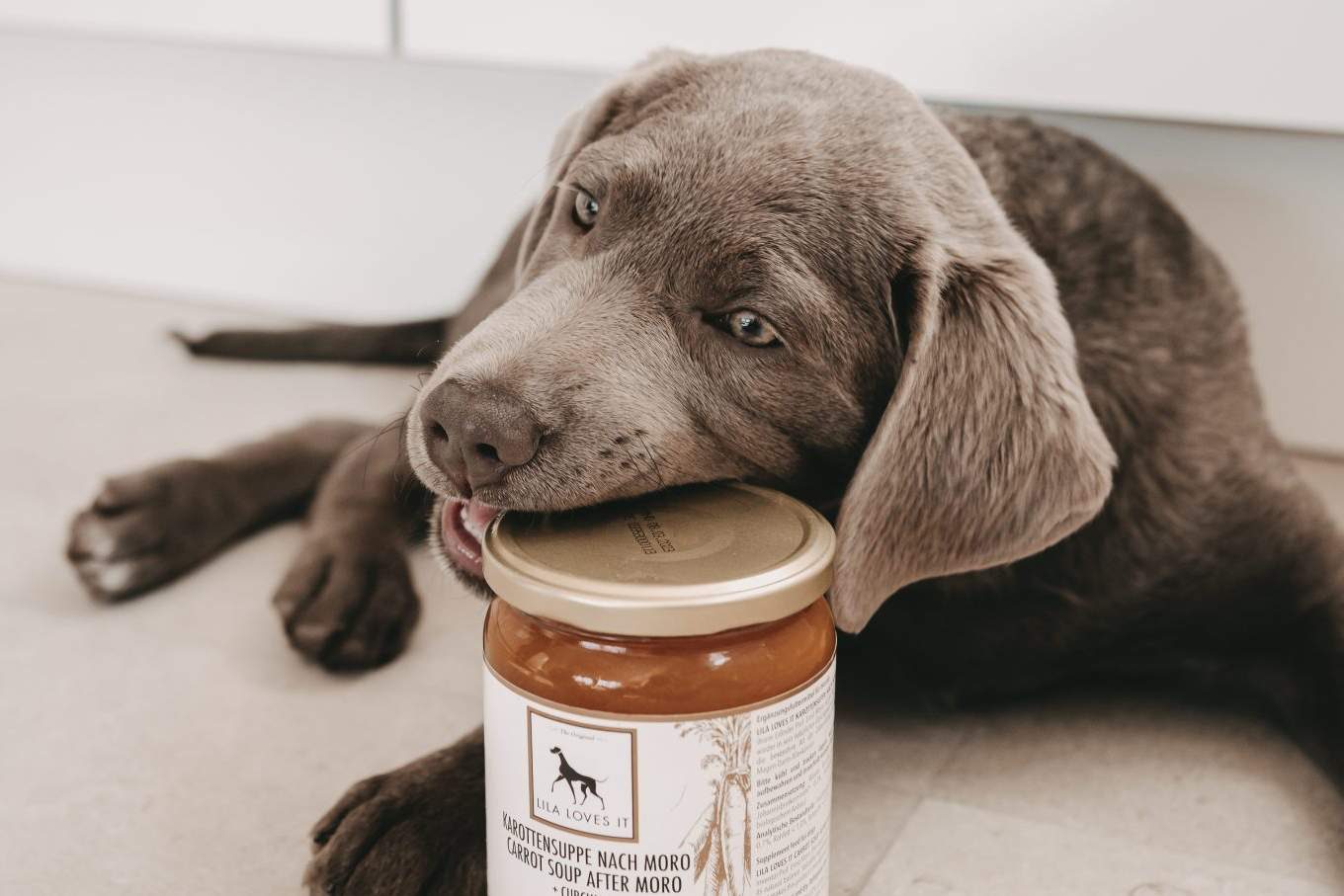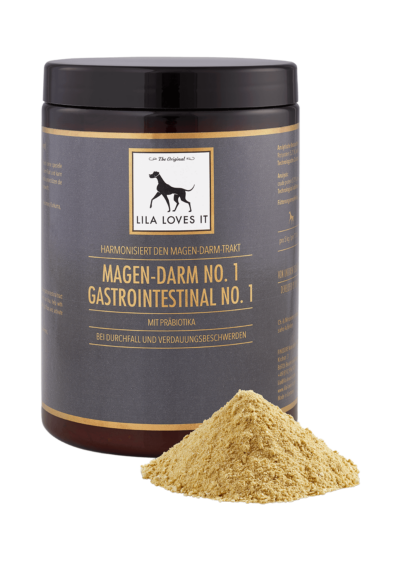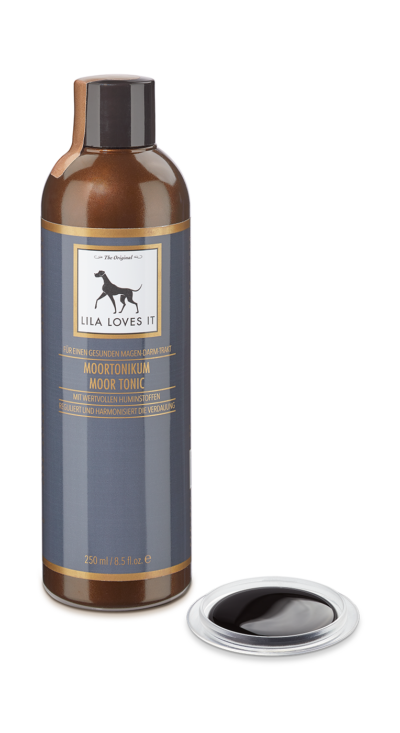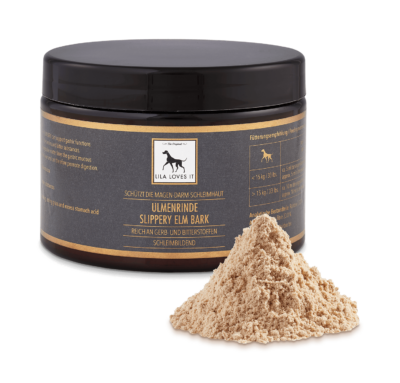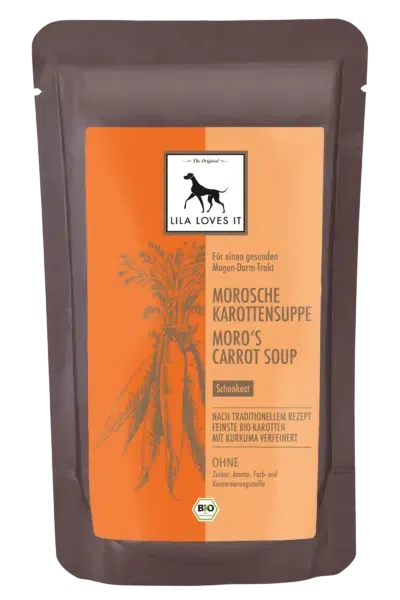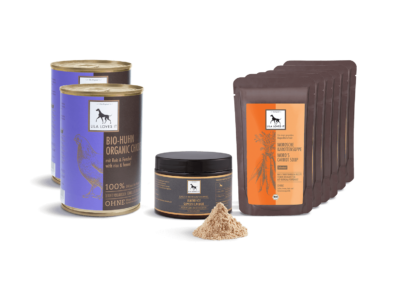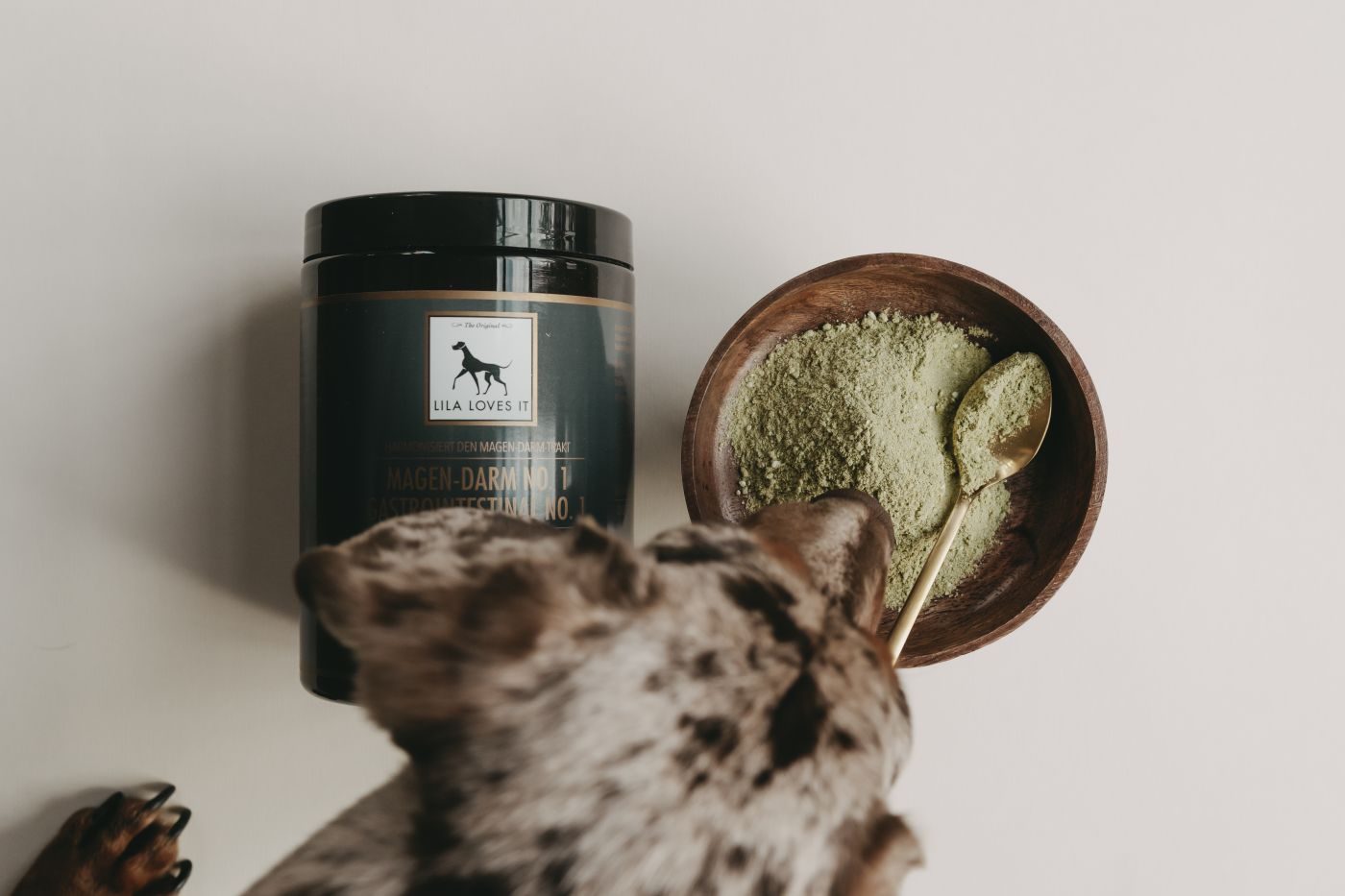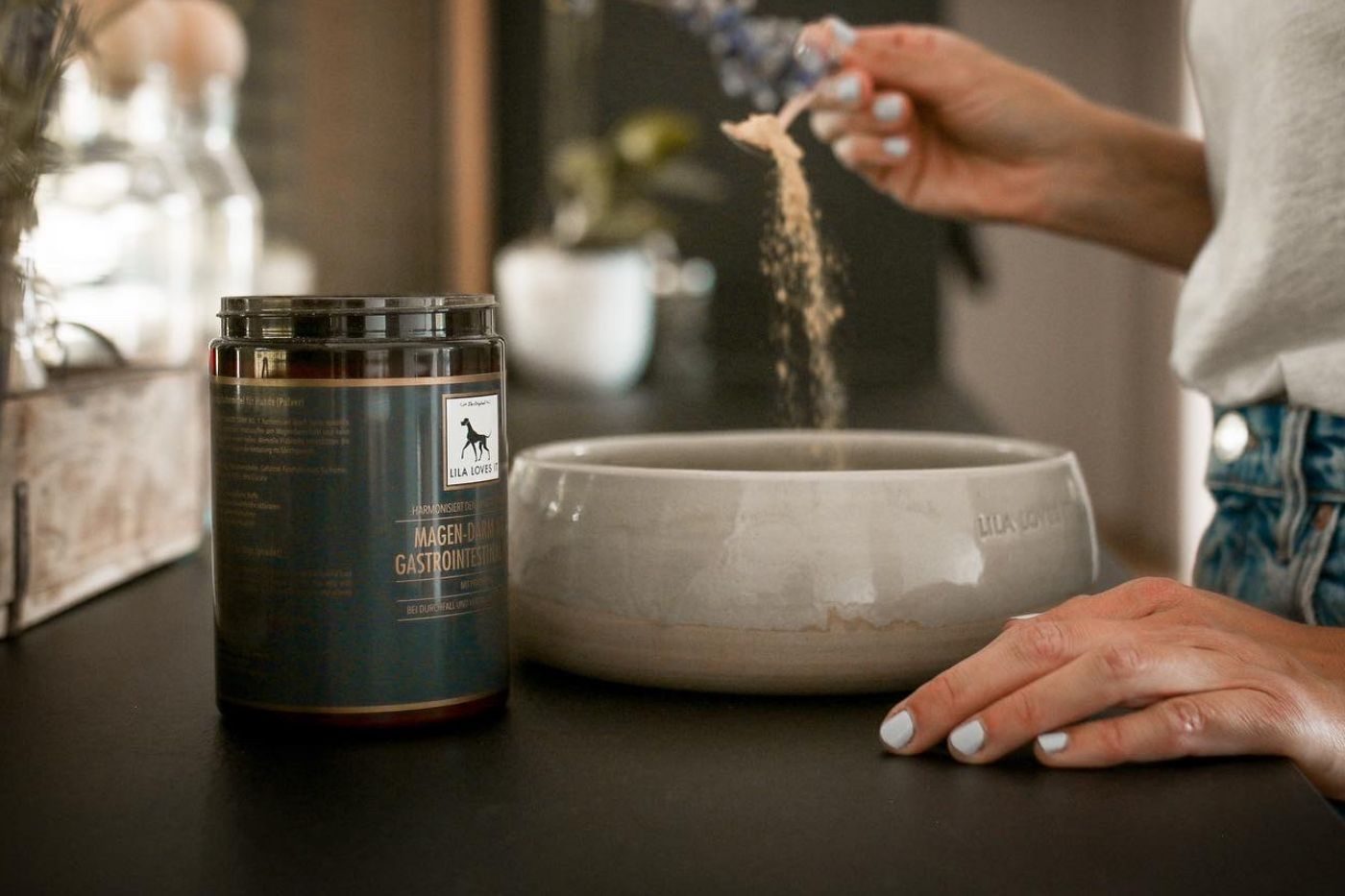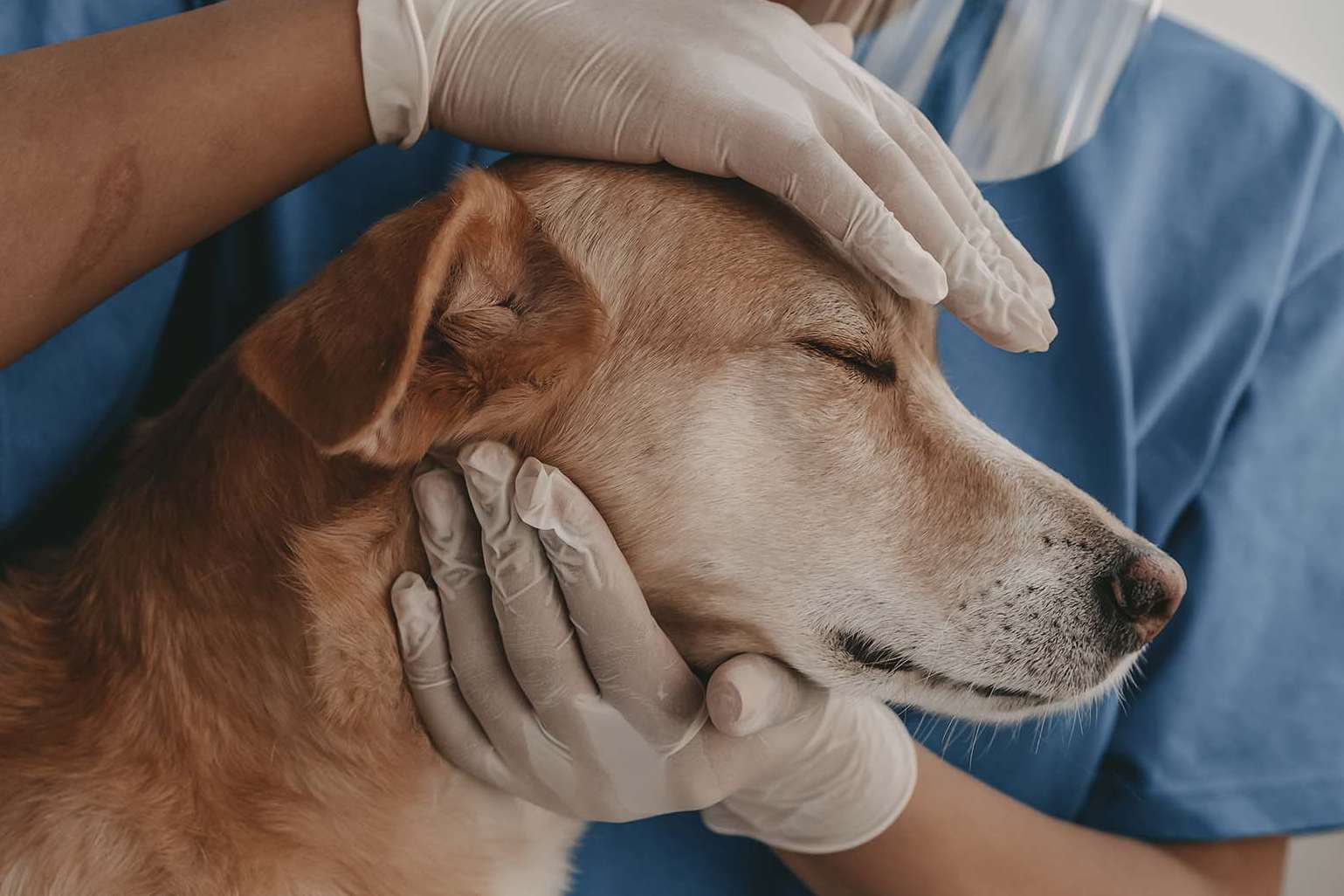Gastrointestinal problems in dogs can have many causes. These include poor diet, stress, infections, parasite infestations, medications, allergies, food intolerances and diseases such as gastritis or colitis. Ingestion of foreign bodies or toxins can also lead to digestive disorders. It is important that pet owners consult a veterinarian at the first sign of gastrointestinal problems to clarify the cause and initiate appropriate treatment.How do I know if my dog has gastrointestinal problems?
The typical symptoms of gastrointestinal problems in dogs are vomiting, diarrhoea, loss of appetite and flatulence. There may also be abdominal pain, increased salivation and dehydration. If your dog shows one or more of these symptoms, you should consult a vet to get an accurate diagnosis and find the best treatment method.
There are several signs that may indicate that your dog has gastrointestinal problems. These may include vomiting, diarrhoea, constipation, decreased appetite or even flatulence. If your dog's digestive problems are severe, he may also have blood in his stool or vomiting, fever and a general feeling of fatigue. If your dog shows one or more of these symptoms, you should observe them more closely and consult a vet as soon as possible if they persist or if the symptoms are more severe.How can I help my dog with acute gastrointestinal problems?
In the case of acute gastrointestinal problems, you should temporarily give your dog a light diet. Suitable foods are lean chicken, cooked rice or potatoes and carrots. Another option is to use special wet foods for dogs with gastrointestinal problems that contain easily digestible ingredients such as our wet food "Organic Chicken with Rice & Fennel" and our "Organic Carrot Soup according to Moro". In case of diarrhoea, probiotic food supplements or special preparations with tannins, such as our "Gastrointestinal No. 1" or our "Moortonikum", can help. It is also important that your dog drinks enough water during this time to avoid dehydration. However, if the symptoms last longer than 24 hours or are severe, you should definitely consult a vet.How can I avoid gastrointestinal problems in my dog?
There are several measures that can help prevent gastrointestinal problems in dogs. A balanced diet, regular exercise and sufficient water intake are particularly important. In addition, food changes should be made slowly and gradually so as not to overload the dog's sensitive stomach. Avoiding excessive treats and preventing access to toxic substances are also crucial. Another tip is not to feed the dog before it is very active or immediately afterwards to avoid digestive upset. Regular deworming and the use of natural supplements such as herbs or probiotics can also help prevent gastrointestinal problems. If you suspect that your dog is suffering from persistent gastrointestinal problems, you should consult a vet.How can I find out if my dog’s food is contributing to his gastrointestinal problems?
If you suspect that your dog's food is contributing to his gastrointestinal problems, you can test this by changing his food. Choose a high-quality, easy-to-digest food that is specially formulated for dogs with sensitive gastrointestinal systems. If symptoms improve, it is very likely that the old food caused the problem. It is also advisable to change slowly and gradually so as not to overload your dog's gastrointestinal tract.When should I take my dog to the vet if he has gastrointestinal problems?
If your dog shows signs of gastrointestinal problems, you should observe him carefully and consult your vet if necessary. You should watch for symptoms such as diarrhoea, vomiting, loss of appetite, lethargy and abdominal pain. If these symptoms persist for more than 24 hours or worsen, you should see your vet promptly. If your dog appears to be dehydrated or has blood in the stool, be sure to see your vet. Early diagnosis and treatment can help your dog recover quickly and avoid possible complications.Can a BARF diet help with gastrointestinal problems?
A BARF diet (Biological Species Appropriate Raw Feeding) can help with gastrointestinal problems, as it allows the dog's diet to be individually adapted to its needs. Such a diet can be particularly useful in cases of food intolerance, allergic reactions or other diseases of the digestive system. However, it is important that a BARF diet is carried out under professional guidance, as it can be difficult to dose all nutrients in the right proportions. In addition, when changing to a BARF diet, the dog should be accustomed to the new diet slowly and carefully to avoid gastrointestinal problems.
